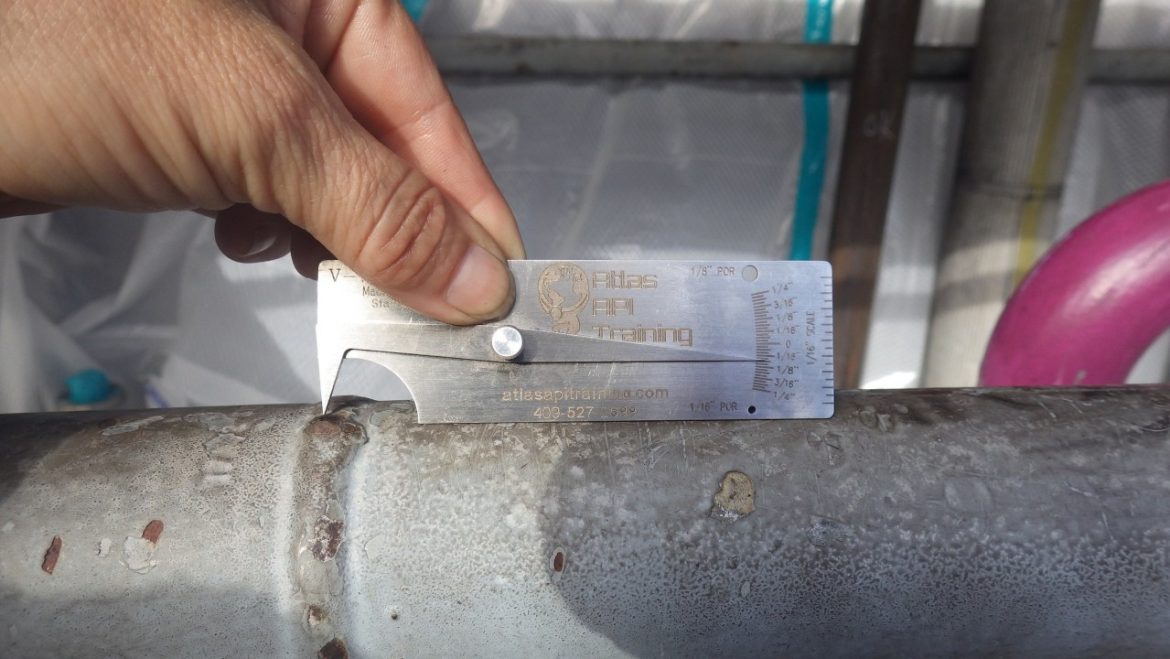At the heart of the EN 10217-1 standard lie the essential requirements that dictate the quality and suitability of carbon steel tubes for welding applications. These requirements encompass a spectrum of parameters, including minimum yield point strength, tensile strength, elongation, weldability, impact values, and non-destructive testing. Each criterion plays a vital role in assessing the suitability and reliability of welded pressure pipes for their intended use. These stringent requirements not only ensure the structural integrity and durability of carbon steel tubes but also serve as benchmarks for assessing their performance and longevity in various welding applications.
Application in Industries:
The EN 10217-1 standard holds immense significance across a multitude of industries, owing to its versatility and robustness in regulating the fabrication of welded pressure pipes. Among these sectors, the standard emerges as a cornerstone in the construction of critical infrastructure, notably pressure vessels and piping systems. In industries such as oil and gas, petrochemical, and power generation, where operational safety and reliability are non-negotiable, adherence to the EN 10217-1 standard is paramount.
Oil and Gas Sector
Within the oil and gas sector, for instance, the standard ensures the integrity and resilience of welded pressure pipes utilized in various applications, including the transportation of crude oil, natural gas, and refined petroleum products. Similarly, in petrochemical plants, where corrosive substances and extreme temperatures are prevalent, compliance with the standard guarantees the durability and performance of piping systems, safeguarding against leaks and failures that could result in environmental hazards or production disruptions.
Power Generation
Moreover, in power generation facilities, where steam plays a central role in turbine-driven electricity production, adherence to the EN 10217-1 standard ensures the reliability of welded pressure pipes carrying high-pressure steam. These pipes serve as conduits for transmitting steam from boilers to turbines, where any compromise in their integrity could lead to costly downtime or even catastrophic accidents. By meeting the stringent requirements of the standard, manufacturers help to uphold the safety and efficiency of power generation processes, thereby contributing to uninterrupted electricity supply.
Other Industries
In addition to these sectors, the application of the EN 10217-1 standard extends to various other industries where welded pressure pipes are indispensable. Whether in chemical processing plants, water treatment facilities, or manufacturing operations, the standard plays a pivotal role in ensuring the integrity and performance of piping systems, thereby enabling the seamless flow of fluids, gases, or steam essential for efficient and safe industrial processes.
Overall, the widespread adoption of the EN 10217-1 standard underscores its indispensable role in fostering safety, reliability, and efficiency across diverse industrial sectors. By setting stringent technical requirements and quality standards for welded pressure pipes, the standard not only safeguards assets and operations but also enhances confidence in the integrity of critical infrastructure essential for global economic progress and societal well-being.
Conclusion
In summary, the EN 10217-1 standard plays a vital role in ensuring the quality and suitability of carbon steel tubes for welding applications. By setting rigorous technical requirements and serving as a benchmark for performance assessment, this standard upholds the integrity and reliability of welded pressure pipes across various industries. From the oil and gas sector to power generation and beyond, adherence to EN 10217-1 safeguards critical infrastructure and enhances operational safety. Moving forward, continued adherence to this standard will be essential in driving safety, reliability, and efficiency in welded pressure piping systems, thereby supporting global economic progress and societal well-being.
